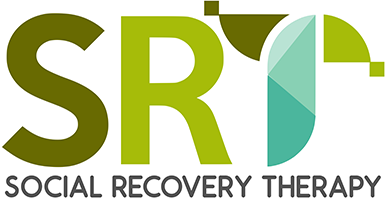Prevention and treatment of long-term social disability amongst young people with emerging severe mental illness with social recovery therapy (The PRODIGY Trial): Study protocol for a randomised controlled trial
David Fowler, Paul French, Robin Banerjee, Garry Barton, Clio Berry, Rory Byrne, Timothy Clarke, Rick Fraser, Brioney Gee, Kathryn Greenwood, Caitlin Notley, Sophie Parker, Lee Shepstone, Jon Wilson, Alison R. Yung and Joanne Hodgekins
Abstract
Background
Young people who have social disability associated with severe and complex mental health problems are an important group in need of early intervention. Their problems often date back to childhood and become chronic at an early age. Without intervention, the long-term prognosis is often poor and the economic costs very large. There is a major gap in the provision of evidence-based interventions for this group, and therefore new approaches to detection and intervention are needed. This trial provides a definitive evaluation of a new approach to early intervention with young people with social disability and severe and complex mental health problems using social recovery therapy (SRT) over a period of 9 months to improve mental health and social recovery outcomes.
Methods
This is a pragmatic, multi-centre, single blind, superiority randomised controlled trial. It is conducted in three sites in the UK: Sussex, Manchester and East Anglia. Participants are aged 16 to 25 and have both persistent and severe social disability (defined as engaged in less than 30 hours per week of structured activity) and severe and complex mental health problems. The target sample size is 270 participants, providing 135 participants in each trial arm. Participants are randomised 1:1 using a web-based randomisation system and allocated to either SRT plus optimised treatment as usual (enhanced standard care) or enhanced standard care alone. The primary outcome is time use, namely hours spent in structured activity per week at 15 months post-randomisation. Secondary outcomes assess typical mental health problems of the group, including subthreshold psychotic symptoms, negative symptoms, depression and anxiety. Time use, secondary outcomes and health economic measures are assessed at 9, 15 and 24 months post-randomisation.
Discussion
This definitive trial will be the first to evaluate a novel psychological treatment for social disability and mental health problems in young people presenting with social disability and severe and complex non-psychotic mental health problems. The results will have important implications for policy and practice in the detection and early intervention for this group in mental health services.
Trial registration
ISRCTN47998710 (registered 29/11/2012).
